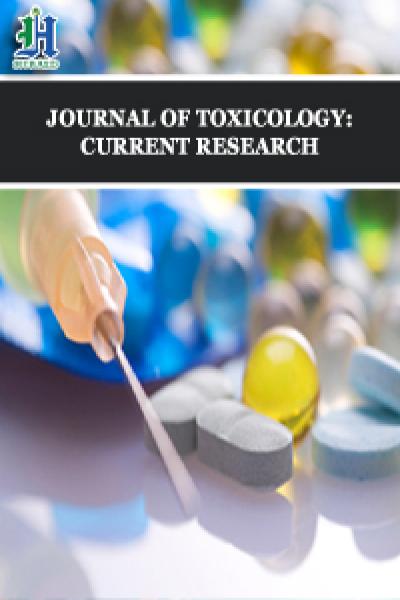
Food Toxicology
Food toxicology focuses on the harmful effects of naturally occurring or synthetic toxicants in the food supply. It investigates the safety of food additives, pesticides, processing byproducts, contaminants, allergens, and packaging materials. This field evaluates both acute toxicity and long-term effects, such as carcinogenicity, reproductive toxicity, and endocrine disruption, from dietary exposures. Food toxicologists assess exposure levels, determine acceptable daily intakes (ADIs), and develop regulatory safety guidelines. Risk assessments also consider susceptible populations such as infants, pregnant women, and the elderly.
Analytical methods such as chromatography, mass spectrometry, and immunoassays are used to detect toxic residues in food matrices. Recent research includes the impact of nanomaterials, microplastics, and genetically modified organisms (GMOs) on food safety. The Journal of Toxicology: Current Research welcomes submissions on foodborne toxicants, toxicokinetics of dietary compounds, and risk mitigation strategies. Food toxicology is crucial for ensuring safe consumption, protecting consumer health, and guiding national and international food safety regulations.

